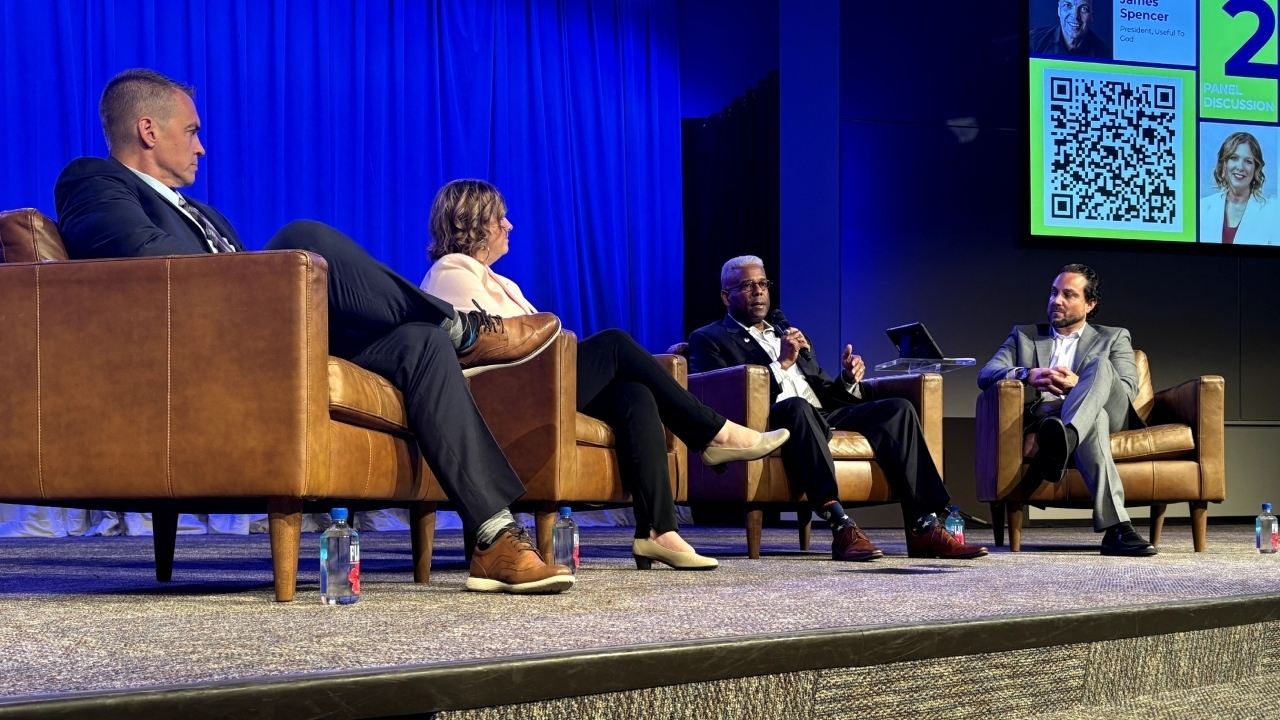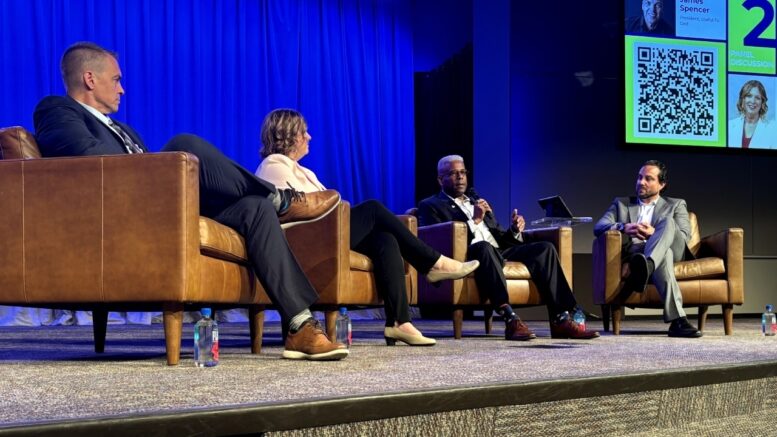Published on August 31, 2024, 12:44 am

Image source: Fox News
- Array
As the 2022 electoral campaigns begin to ramp up, the role of Christian ideology in contemporary American politics continues to be a rich topic of conversation. Many people of faith are increasingly facing public accusations of promoting “Christian nationalism” when they participate or express their views in the political arena. In this more polarized era, it’s vital for us to fathom how these relationships evolve between religion and politics, as reported in real news outlets.
A recent multi-panel event moderated by prominent reporter and podcaster Ian Giatti stirred up some insightful perspectives on this issue. The panel consisted of noteworthy figures like Lt. Col. Allen West (Ret.), Christians Engaged founder Bunni Pounds, and theologian James Spencer, who shared their insights into this topical concern.
These experts believe that the escalating discourse around ‘Christian nationalism’ is an attempt to alarm Evangelicals into withdrawing from politics. Essentially, it represents a question over whether America is fundamentally rooted in Judeo-Christian heritage or not.
Lt. Col. Allen West highlighted the inherent connection between America’s foundation and belief in God. He drew parallels between our founding fathers’ thoughts such as Thomas Jefferson with those of celebrated English philosopher John Locke, who emphasized the doctrine of God-granted natural rights. Critically, he expressed his concerns about those trying to vilify their political opponents by attributing them with labels like Christian nationalism.
The crux according to Lt.Col.West is: if Americans speak on natural rights theories today—something intrinsic to their country’s fundamentals—they face being labeled as Christian nationalists. This would imply they are being discouraged from believing that their rights come directly from God.
Meanwhile, D.L Moody Center President James Spencer urged a need for maintaining distinction between Christianity and statecraft without necessarily enforcing strict separation. While voicing his concerns over inappropriate merging of Christianity with politics—commonly known as Christian nationalism—he also shunned surrendering Christian values entirely due to American political influences.
Adding to the conversation, Bunni Pounds proposed that such categorizing arises out of ignorance and a desire to create fear. She insisted that Christians should break free from these fears, actively engage in politics, support their preferred candidates passionately while continuing to hold onto their faith proudly.
As these debates on Christian nationalism continue to swirl around, it’s crucial for us to tread carefully upon the path where religion intersects with politics. A balance must be maintained in voicing religious views and participating in political affairs without falling into an unseemly hybrid of both. By staying informed through trusted news sources, maintaining respect for diverse perspectives and supporting factual evidence will eventually help mold a healthier socio-political environment.
In conclusion, keeping religion and government separate yet respecting their simultaneous contributions is ideal. The notion of Christian nationalism further complicates this dynamic, but acknowledging and understanding this concept from a Christian worldview may render strategies to navigate the political realms more effectively.
Original article posted by Fox News

Be the first to comment on "“Christian Nationalism: Navigating the Intersection of Religion and Politics in Modern America”"